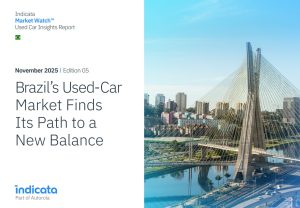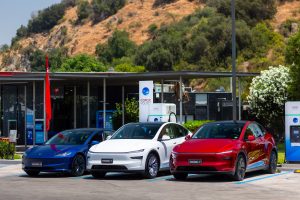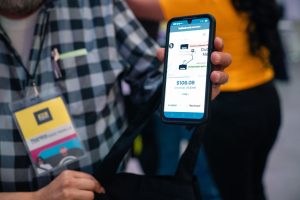
BNDES, EMBRAPII, kfw, InvestSP and YvY Capital Highlight Key for Financing Mobility, Biofuels and Smart Cities
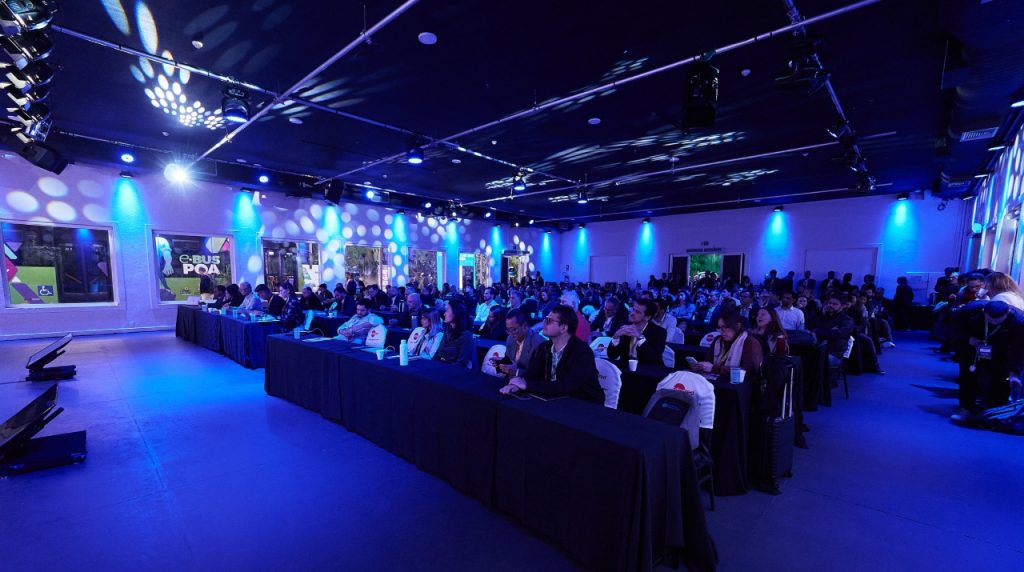
The “Latam Mobility: Brazil 2024” featured a panel of leaders to talk about “Financing and Instruments for Support and Innovation in Mobility, Biofuels and Smart Cities”.
Bruno Aranha, Founder Partner of YvY Capital, highlighted that it is a private asset management firm focused on investments for the transition to the green economy.
“We fight, have breakfast, lunch and dinner on this 100% dedicated issue. And when we talk about the green transition, we have three pillars of action here: the first is our sustainable agriculture. The second is the energy tradition and the third is carbon,” he explained.
“We call it bio-electromobility. And from the point of view of financial instruments, you have the traditional investment here,” Aranha noted.
He assured that they are focused on supporting the structuring of the projects needed to build a new electromobility platform in Brazil.
“We have to work on creating financial products where we can bring together all those interested in fostering this chain of public and private resources so that we can develop these new industrial plants that need to be realized here in Brazil,” he stressed.
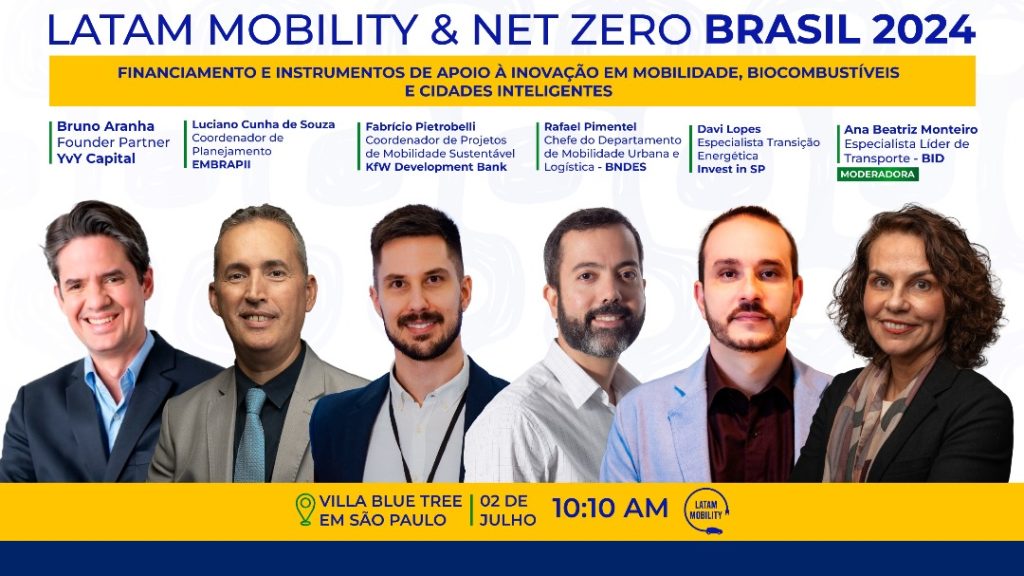
Financial Support
Rafael Pimentel, Head of the BNDES Urban Mobility and Logistics Department, said the bank is a strong supporter of urban mobility.
“The bank is really mobilized on several fronts as a major financier from industry to concessionaires that are not public entities, and when we are talking about sustainability here, innovation, it is a theme that is closely linked,” he noted.
“We are seeing a number of technological innovations linked to climate risk mitigation and decarbonization and the bank has explored this throughout the panel, I’m not going to spoil it, but we have some avenues to foster this innovation and I think the bank is open to everybody,” Pimentel highlighted.
Social Support
Luciano Cunha de Souza, EMBRAPII’s Planning Coordinator, detailed that they are a social organization linked to the federal government with a focus on technology, industry, health and education.
“We support innovation projects carried out by industry in partnership with the research institute. And how do we provide this support? We provide this support with non-refundable resources, we have a network of partner institutes, this network is made up of 94 institutes, ranging from Senai innovation institutes to private research institutes,” he explained.
He noted that they are constantly adapting to the industry. “We have a partnership with SEBRAE for the creation of micro and small companies, we support with non-refundable resources up to 90% of the value of the project so, in a nutshell, what we do is foster innovation in Brazilian industry.”
International Financing
Fabrício Pietrobelli, Coordinator of Mobility Projects of the German bank kfw, explained that the entity is a kind of BNDES in Germany, which has investment arms through its sustainable development wing, which has already participated in projects in Brazil for more than 60 years of bilateral cooperation.
“The bank has already invested almost 2 billion euros here in Brazil and there are three main areas: forest preservation, sustainable urban development, energy and sustainable finance,” he specified.
“Another very important focus of the bank is to promote partnerships and just transition projects. So within this focus we have also had a very important look at how to integrate these projects by taking,” he added.
“Thank you Latam Mobility for the invitation for the opportunity to discuss this very relevant topic very important for the country at this time we are living,” he concluded.
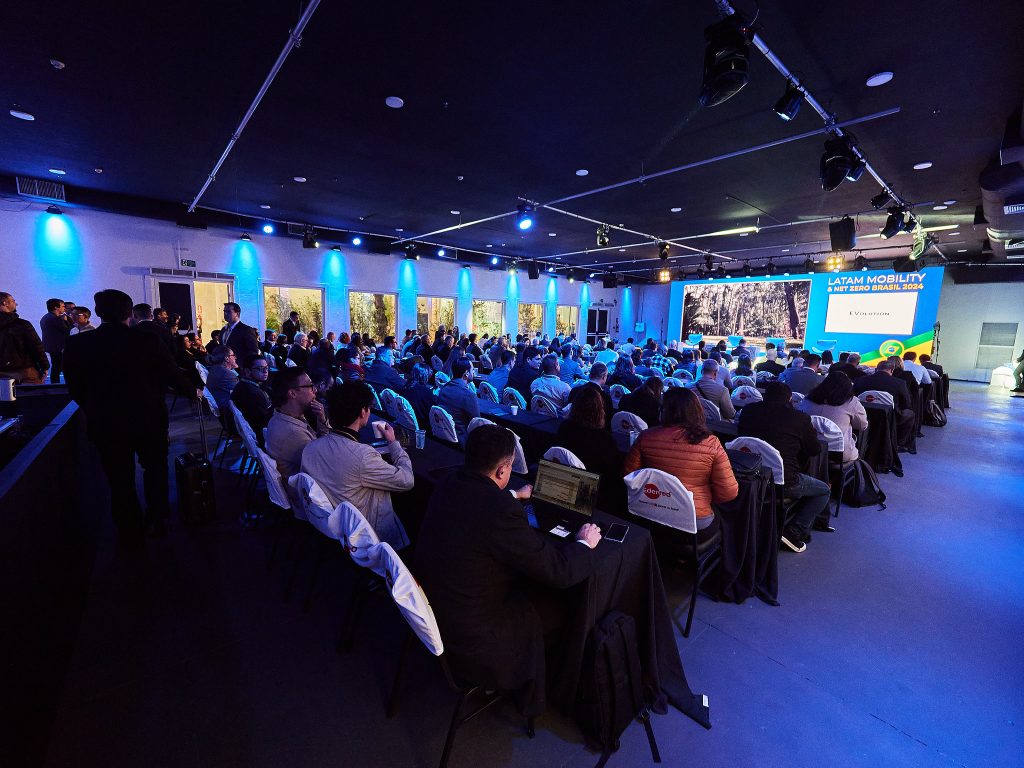
Energy Transition
Davi Lopes, Energy Transition Specialist at InvestSP, highlighted that they function as an investment promotion agency linked to the economic development secretariat in São Paulo.
“I am part of the Intelligence Strategy Directorate, which is a new arm within the agency that we work with exactly three priority tracks for the governor, one of which is the energy transition track, the circular economy track and another track that we have a focus on,” he maintained.
Lopes pointed out that the energy transition from a technical point of view, has no more problems to overcome but needs financing.
“One million people in Brazil do not have access to electricity. In the world, there are one billion people who do not have access to energy. We are not limiting ourselves to switching to less polluting energies or energies that emit less greenhouse gases, but we are doing it in an intelligent way in the state of São Paulo,” he pointed out.




